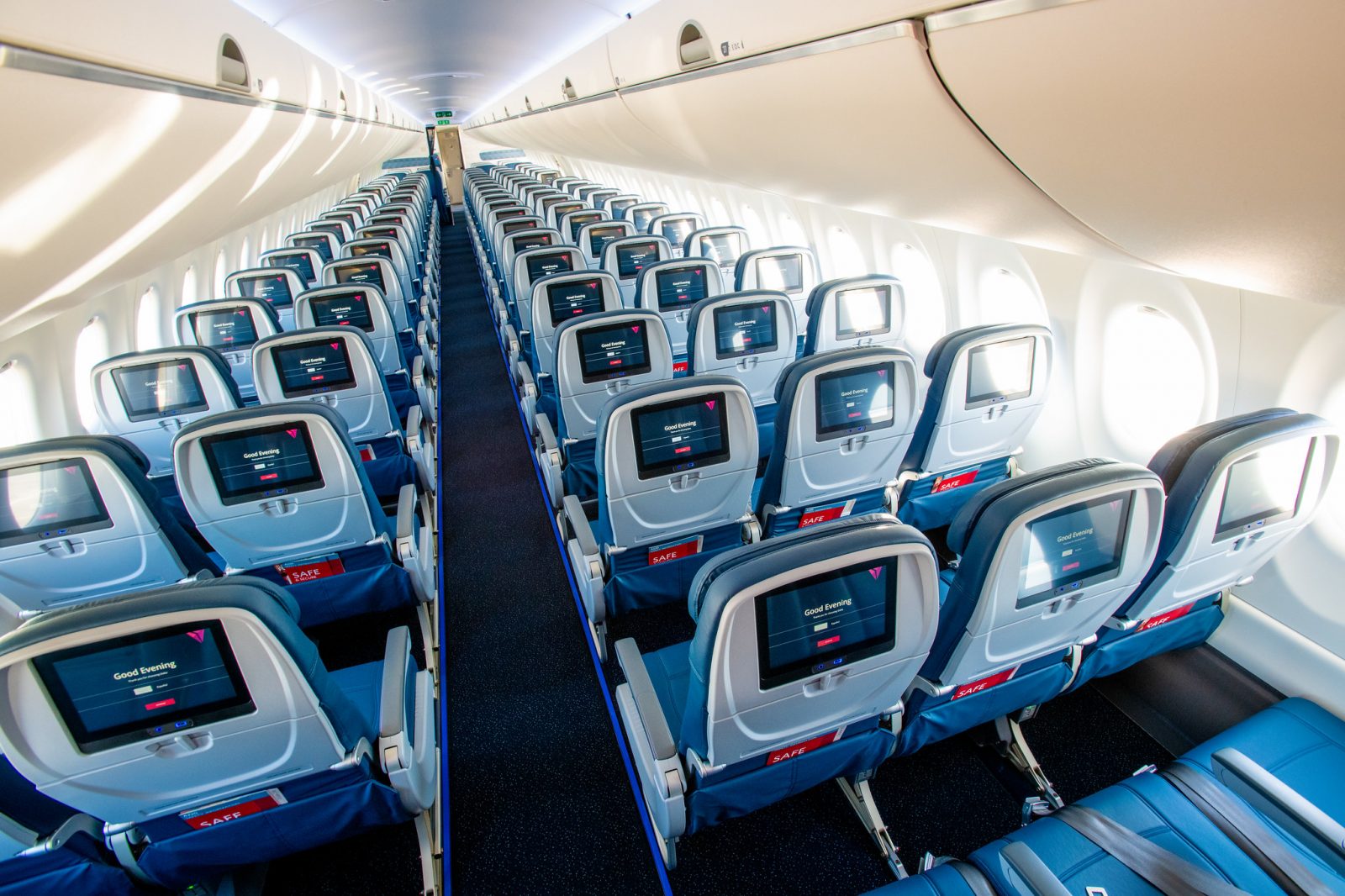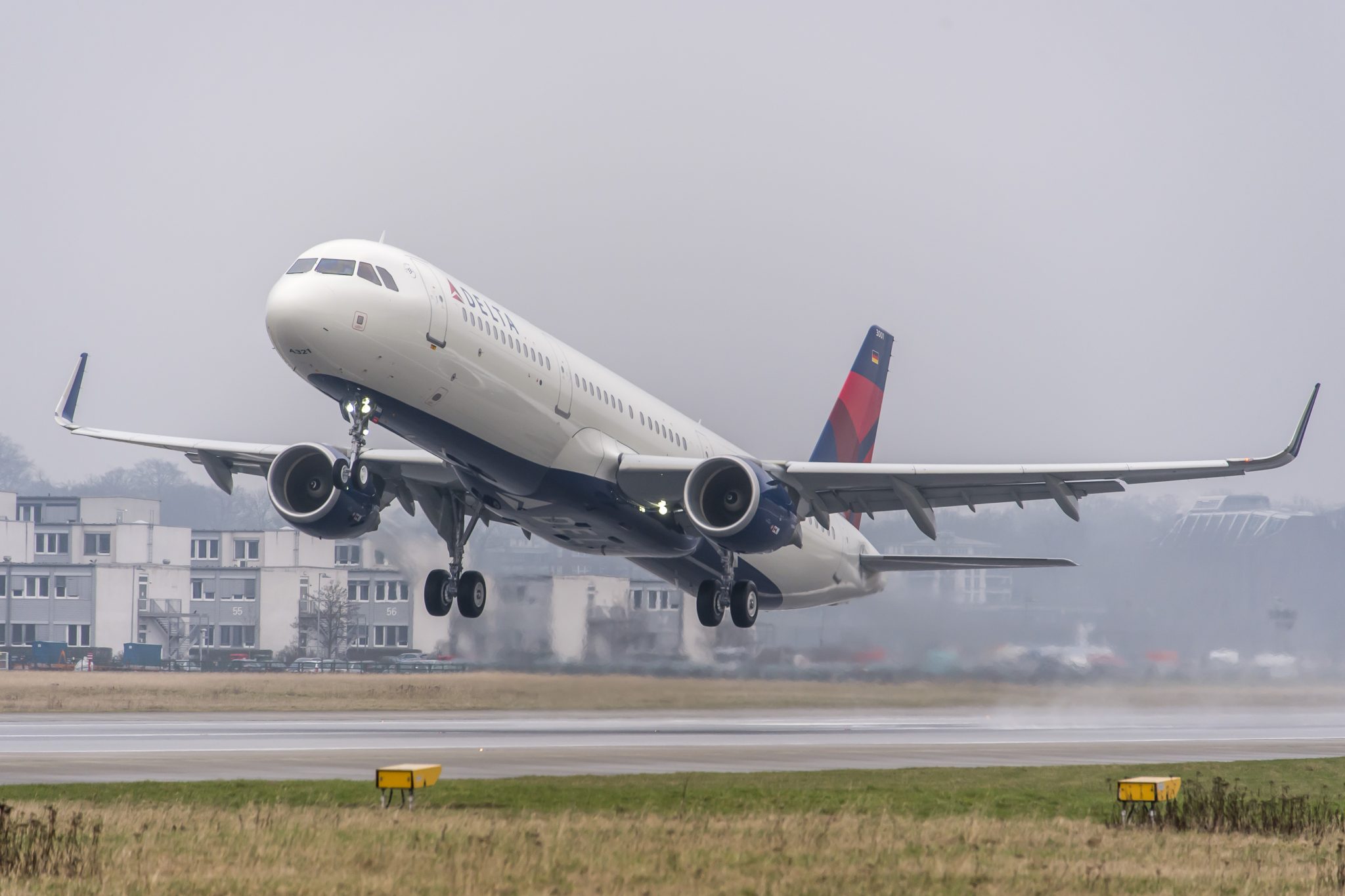
Last year, Delta Air Lines made a series of pretty significant changes to its policy regarding the carriage of service animals including the controversial category of Emotional Support Animals (ESA’s). The first changes came in March 2018 as part of a concerted attempt to stop an explosion in the number of reported incidents involving service animals on Delta flights – according to the Atlanta-based airline, the number of incidents had risen by an incredible 84 per cent in just two years.
Delta is now carrying around 700 service animals every single day and it’s an issue the entire airline sector is struggling to keep on top off. An industry body estimates that over a million passengers flew on US-based airlines with a service animal in 2018, yet the regulations that govern their transport in the cabin have hardly changed in years.
Along with requiring customers to submit veterinary health reports and immunization records, Delta decided to ban all pit bull-type dogs and before the year-end banned all emotional support animals on flights of eight hours or more.
Delta claims pit bull’s account for over 37 per cent of vicious dog attacks, despite making up less than 5 per cent of the total dog population in the United States. The airline said it had to take action after several serious incidents, including two dog bite attacks on its flight attendants.
As for its ESA ban on long-haul flights, the thinking is that animals will have to relieve themselves at some point and that will likely cause a health issue or at the very least an unpleasant nuisance for other passengers and crew.

But the Department of Transport (DOT) issued new guidance on the carriage of service animals last month and it’s called into question some of the policies that Delta (and other airlines) have introduced over the last couple of years. One hot topic is new guidance from the DOT that says a breed of animal cannot be banned simply because of their breed – so a pit bull can’t be banned simply because its a pit bull.
Delta, however, isn’t willing to immediately comply with that new guidance. In a statement, the airline said it had “not come to a solution for allowing pit bulls onboard that satisfies its own rigorous safety requirements.”
John Laughter, Delta’s Senior Vice President for Corporate Safety explained:
“We will never compromise on safety, and we will do what is right for the health and safety of our customers and employees. We continue to work with the DOT to find solutions that support the rights of customers who have legitimate needs to travel with trained animals.”
While the airline’s head of in-flight service, Allison Ausband suggested the decision to snub the guidance was part of an effort to protect flight attendants:
“The safety of our people is paramount. In 2018 alone, more than 40 instances of aggressive animal behavior occurred aboard a Delta aircraft,” she said.
“Our 25,000 flight attendants are my greatest responsibility, and I will do everything I can to keep them safe and send them home to their families in the same condition they came to work.”
Elsewhere, however, Delta has decided to lift the 8-hour flight limit on Emotional Support Animals, saying it has developed a solution to protect the health and safety of passengers and crew.
The DOT guidance said that commonly recognized service animals such as dogs, cats and miniature horses should always be accepted for transport but that airlines that categorically refuse the transport of other species of animals could still be subjected to enforcement action. Airlines are allowed to place age restrictions on very young service animals and are allowed to ask for proof that an animal is, in fact, a service animal.
Airlines cannot, however, place a limit on the number of service animals per aircraft and may need to allow more than one animal per passenger. “Generally, one ESA should be sufficient for emotional support, but a passenger may reasonably need more than one task-trained service animal,” the guidance reads.
Related
Mateusz Maszczynski honed his skills as an international flight attendant at the most prominent airline in the Middle East and has been flying ever since... most recently for a well known European airline. Matt is passionate about the aviation industry and has become an expert in passenger experience and human-centric stories. Always keeping an ear close to the ground, Matt's industry insights, analysis and news coverage is frequently relied upon by some of the biggest names in journalism.







